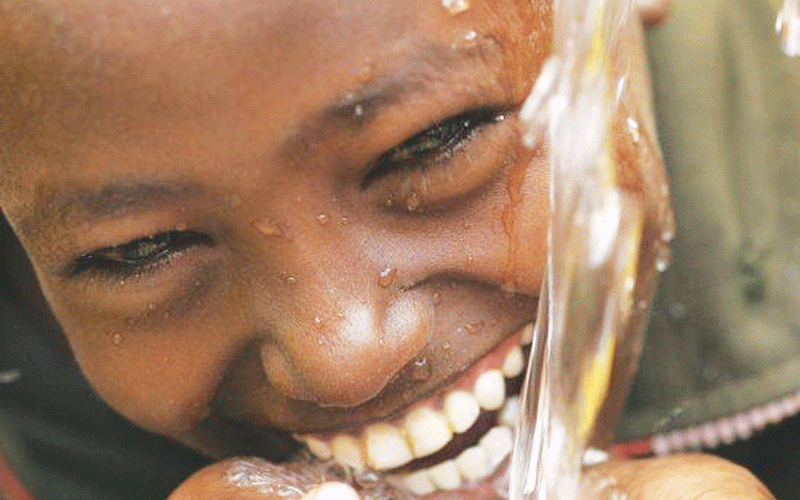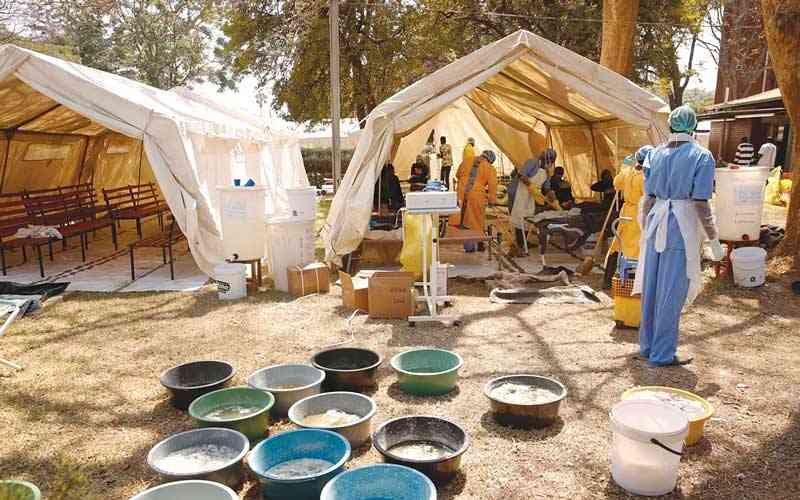
WE were drawn to two stories recently: the warning by the Upper Gwayi Sub-Catchment Council on a proposed clampdown against unregistered boreholes and wells and an appeal by a lawmaker for devolution funds to be redirected to fund the Gwayi-Shangani Dam.
In a notice dated September 12, Upper Gwayi Sub-Catchment Council said: “Do you have a well or borehole? Is the well or borehole registered with the Upper Gwayi Sub-Catchment Council? If your answers are yes to question 1 and no to question 2, please visit our offices and register your well or borehole and pay outstanding levies.”
It went for the jugular: “Please be advised that it is illegal to use water from a well, borehole without a permit. You are advised to respond to this notice within seven days. Every visit to your property will attract a non-compliance fee of US$150, if you fail to respond within the stipulated days.”
In the Senate last week, Bulawayo Senator Collet Ndlovu appealed to government to redirect devolution funds to the completion of the Gwayi-Shangani Dam, seen as the lasting solution to the water woes facing the Matabeleland region.
The over century-old project, mooted by colonial authorities, is seen as the solution to Bulawayo and Matabeleland region's water challenges.
There have been successive budget allocations from Treasury towards the project, with timelines set for its conclusion, but the wheels appear to be turning slowly, with critics citing lack of political will to undertake the mega project.
For a thirsty region that has been battling a water crisis for years, the call by the sub-catchment council appears to be a stab in the back.
The water crisis has worsened this year due to the El Niño-induced drought, which has resulted in residents of Bulawayo enduring 144 hours of water shedding, up from the previous 120 hours.
- Mat'land region needs water and not threats
Keep Reading
The region needs an urgent solution to the water woes and it is a wonder why the crisis has not been declared a state of national disaster to marshal resources to resolve the problem.
Senator Ndlovu last week made a proposal which government must adopt by redirecting devolution funds to address the problem that has haunted the region for years.
“We are expecting that the government can look into devolution funds so that the funds may be channelled to Gwayi-Shangani Dam so that people can get livelihoods because water is life to people,” Ndlovu said.
“The issue of water is very important. If you look at places like Bulawayo, it goes for three to five weeks without water, hence affecting the livelihoods of the citizens.”
President Emmerson Mnangagwa’s administration had revived the Matabeleland Zambezi Water Project which appeared to have been abandoned by its predecessor.
The project was billed to be completed before the August 23 harmonised elections.
However, the programme appears to have been shelved at a time when the water crisis is biting the region.
People from the region want an update on when they will have water in their taps.
To them, the sub-catchment council's proposed clampdown is a mere sideshow.








